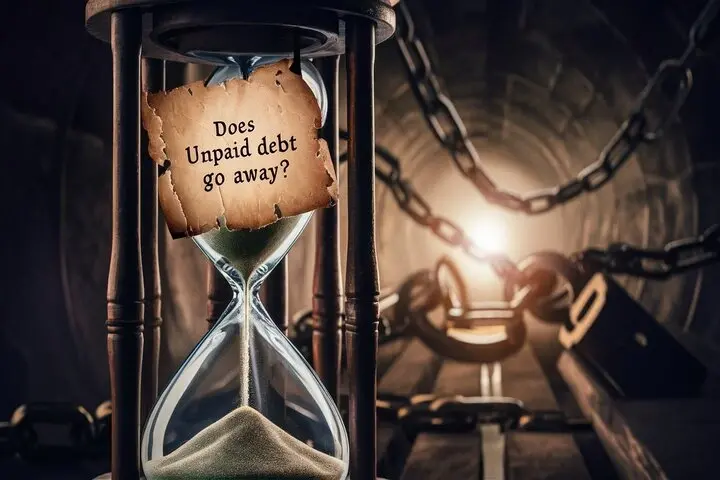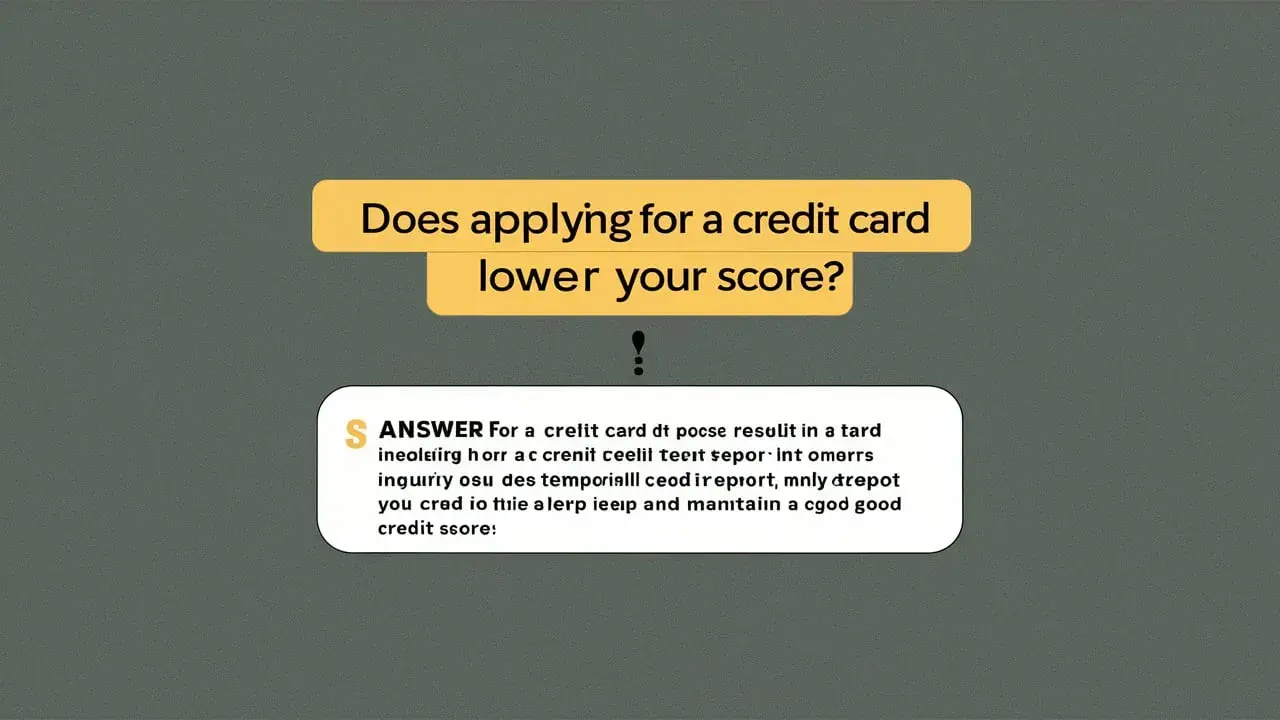-
Posted on: 13 Jul 2024

-
Credit card debt can feel like a heavy weight, impacting your financial well-being and overall peace of mind. But the good news is, it's not an insurmountable challenge. With the right strategies and a commitment to change, you can effectively wipe your credit card debt clean and achieve financial freedom. This comprehensive guide outlines various methods to tackle your debt, helping you choose the path that best suits your individual circumstances.
Understanding Your Credit Card Debt
Before diving into solutions, it's crucial to understand the specifics of your debt. This involves:
- Calculating Your Total Debt: Add up the outstanding balances on all your credit cards.
- Identifying Interest Rates: Note the APR (Annual Percentage Rate) for each card. High-interest debt should be prioritized.
- Reviewing Your Spending Habits: Analyze your credit card statements to understand where your money is going. This will help you identify areas where you can cut back.
- Assessing Your Budget: Create a realistic budget that outlines your income and expenses. This will show you how much you can realistically allocate to debt repayment.
The Impact of High Interest Rates
Interest rates are a significant driver of credit card debt. The higher the interest rate, the more money you'll pay over time. Focusing on high-interest debt first is often the most effective way to minimize the total cost of repayment. Understanding the difference between APR and potential late fees is crucial. Late fees can add up quickly, further hindering your progress.
Strategies to Wipe Credit Card Debt
There are several effective strategies you can use to eliminate your credit card debt. Let's explore some of the most popular options:
1. Debt Snowball Method
The debt snowball method involves paying off your debts in order of smallest balance to largest, regardless of the interest rate. The idea behind this strategy is that by achieving quick wins with smaller debts, you'll stay motivated and build momentum to tackle larger balances. While not always the most financially efficient, it can be incredibly effective for people who need the psychological boost of seeing rapid progress.
How it Works:
- List your debts from smallest balance to largest.
- Make minimum payments on all debts except the smallest one.
- Throw every extra dollar you can at the smallest debt until it's paid off.
- Once the smallest debt is gone, move on to the next smallest debt, adding the payment amount you were making on the previous debt to the minimum payment on the new debt.
- Repeat this process until all debts are paid off.
2. Debt Avalanche Method
The debt avalanche method prioritizes debts with the highest interest rates first, regardless of the balance. This strategy is mathematically the most efficient way to pay off debt, as it minimizes the total interest paid over time. However, it can be challenging for some people to stay motivated if they don't see quick wins.
How it Works:
- List your debts from highest interest rate to lowest.
- Make minimum payments on all debts except the one with the highest interest rate.
- Throw every extra dollar you can at the debt with the highest interest rate until it's paid off.
- Once that debt is gone, move on to the next highest interest rate debt, adding the payment amount you were making on the previous debt to the minimum payment on the new debt.
- Repeat this process until all debts are paid off.
3. Balance Transfer Credit Cards
A balance transfer involves transferring your existing credit card balances to a new credit card with a lower interest rate, often a 0% introductory APR. This can be a great way to save money on interest and accelerate your debt repayment. However, be sure to carefully consider the terms and conditions of the balance transfer, including any transfer fees and the length of the introductory period.
Things to Consider:
- Transfer Fees: Most balance transfer cards charge a fee, typically 3-5% of the transferred balance.
- Introductory Period: Pay attention to the length of the 0% APR period. Make sure you can pay off the balance before the promotional rate expires.
- Credit Score: You'll generally need a good to excellent credit score to qualify for the best balance transfer offers.
- Spending Habits: Avoid adding new debt to your old credit cards after transferring the balance. Otherwise, you'll just be creating more debt.
4. Debt Consolidation Loans
A debt consolidation loan involves taking out a new loan to pay off multiple existing debts, such as credit card debt, personal loans, and other outstanding balances. The goal is to simplify your payments and potentially secure a lower interest rate. This loan is typically unsecured, meaning it's not backed by any collateral.
Pros:
- Simplified Payments: You'll only have one monthly payment to manage.
- Potentially Lower Interest Rate: If you can secure a loan with a lower interest rate than your current credit card APRs, you'll save money on interest.
- Fixed Repayment Schedule: Debt consolidation loans typically have a fixed repayment schedule, making it easier to budget and plan for the future.
Cons:
- Origination Fees: Some lenders charge origination fees for processing the loan.
- Risk of Overspending: If you don't address the underlying spending habits that led to your debt, you may be tempted to rack up new debt on your credit cards after consolidating.
5. Debt Management Plans (DMP)
A debt management plan (DMP) is a program offered by credit counseling agencies to help you manage and repay your debt. You'll work with a credit counselor to create a budget and develop a repayment plan. The credit counseling agency will then negotiate with your creditors to lower your interest rates and monthly payments.
Key Features:
- Credit Counseling: You'll receive guidance and support from a certified credit counselor.
- Negotiated Interest Rates: The credit counseling agency will attempt to lower your interest rates with your creditors.
- Simplified Payments: You'll make one monthly payment to the credit counseling agency, which will then distribute the funds to your creditors.
Important Note: While DMPs can be helpful, they can also impact your credit score. Make sure to understand the potential consequences before enrolling.
6. Debt Negotiation
Debt negotiation involves negotiating with your creditors to settle your debt for a lower amount than what you currently owe. This can be a risky strategy, as it can negatively impact your credit score, but it can also be an effective way to reduce your debt burden if you're facing financial hardship.
Things to Consider:
- Credit Score Impact: Debt negotiation can significantly lower your credit score.
- Potential Tax Implications: The amount of debt forgiven may be considered taxable income.
- Negotiation Skills: You'll need strong negotiation skills to successfully negotiate with your creditors. Consider working with a professional debt negotiator.
7. Bankruptcy
Bankruptcy is a legal process that can discharge some or all of your debts. It's generally considered a last resort, as it has a significant and long-lasting impact on your credit score. However, it can provide a fresh start for individuals who are overwhelmed by debt and have no other viable options.
Types of Bankruptcy:
- Chapter 7 Bankruptcy: Involves liquidating non-exempt assets to pay off creditors. This type of bankruptcy is typically available to individuals with limited income and assets.
- Chapter 13 Bankruptcy: Involves creating a repayment plan to pay off your debts over a period of three to five years. This type of bankruptcy is typically available to individuals with regular income.
Important Note: Bankruptcy can remain on your credit report for up to 10 years, making it difficult to obtain credit in the future. Consult with a bankruptcy attorney to understand the potential consequences and whether it's the right option for you.
Building Good Credit Habits
Wiping out credit card debt is only the first step. It's crucial to develop healthy financial habits to prevent future debt accumulation. This includes:
- Creating a Budget: Track your income and expenses to ensure you're spending less than you earn.
- Paying Bills on Time: Late payments can damage your credit score and incur late fees.
- Keeping Credit Utilization Low: Aim to keep your credit card balances below 30% of your credit limit.
- Avoiding Unnecessary Spending: Be mindful of your spending habits and avoid impulse purchases.
- Building an Emergency Fund: Having an emergency fund can help you avoid using credit cards for unexpected expenses.
The Power of Budgeting
Budgeting is the cornerstone of financial stability. A well-crafted budget gives you a clear picture of your income, expenses, and areas where you can save. Tools like budgeting apps and spreadsheets can make the process easier and more efficient.
Seeking Professional Help
If you're struggling to manage your credit card debt on your own, consider seeking professional help from a financial advisor or credit counselor. They can provide personalized guidance and support to help you develop a debt repayment plan and achieve your financial goals. Look for certified professionals with a strong reputation and a commitment to helping you succeed.
Common Mistakes to Avoid
Many people make common mistakes when trying to pay off credit card debt, hindering their progress and potentially worsening their financial situation. Here are some pitfalls to avoid:
- Ignoring the Problem: Ignoring your debt will only make it worse. The sooner you address the issue, the better.
- Making Minimum Payments Only: Paying only the minimum payment will keep you in debt for a very long time and cost you a significant amount of money in interest.
- Using Credit Cards for Cash Advances: Cash advances typically have high interest rates and fees, making them an expensive way to borrow money.
- Opening New Credit Cards: Opening new credit cards without a plan to manage them can lead to even more debt.
- Racking Up More Debt: Avoid using your credit cards after you've started your debt repayment plan.











